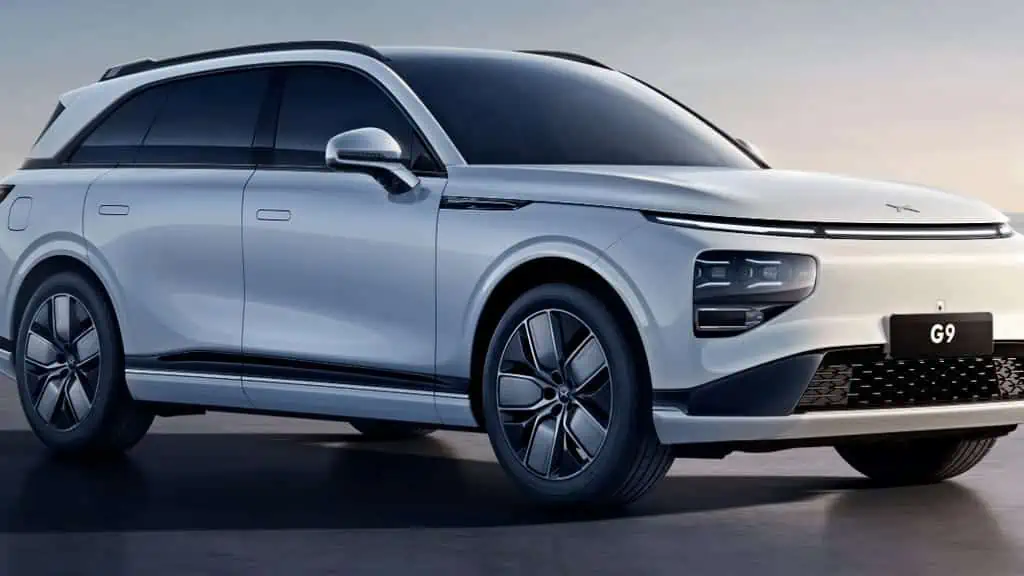Leading Chinese automaker XPeng recently declared that it had earned the Guangzhou Intelligent Connected Vehicle Road Test Permit (“the Permit”), according to Business Wire.
The XPeng G9 is now the first commercial vehicle in China to be authorized for autonomous driving tests on designated public routes without any modifications.
XPeng was granted the Permit on October 31 by the Guangzhou Municipality’s Industry and Information Technology Bureau, Public Security Bureau, and Transport Bureau.
There are multimedia in this press release. Check the complete press release here.
Endorsement of robotaxis mass production and future commercialization
The fulfillment of the Permit represents a significant industrial turning point on the way to the mass production of robotaxis and the potential future of its commercialization as a service.
With the said approval, mass-produced XPeng G9 SUVs may now conduct autonomous driving testing on specified public routes in Guangzhou. Impressively, it has not undergone any hardware modification apart from software upgrades.
“Securing the autonomous driving road testing permit for a commercial vehicle is a strong endorsement of our autonomous driving deep R&D and software capabilities,” Xpeng’s Vice President of Autonomous Driving Center, Dr. Xinzhou Wu, stated.
He also explained, “Our approach by using mass-produced commercial vehicles to explore mobility solutions will build a strong foundation to realize economies of scale. Significant cost efficiency brings us another step closer to commercializing robotaxis in the future.”
Hardware suite
In order to create synergies, XPeng intends to use its platform-based technological stack. It’s interesting how it combines its advanced driver assistance systems (ADAS) with machine-learning-based training models for autonomous driving. This method accelerates the iterations of software that receive closed-loop data feedback.
Notably, the hardware suite for G9 commercial vehicles is also used by the G9 autonomous driving road test cars. It includes sensors for vision, processing, and vehicle control systems.
The automaker has lately increased the number of European nations where it sells electric vehicles. However, all robotaxi plans now seem to apply solely to the XPeng lineup in China.






